“Social distancing”: A call that ignores ground realities of millions of Indians
Gaon Connection spoke with public health experts and epidemiologists to understand how ‘social distancing’ would work, or not work, in India with a large chunk of poor and marginalized
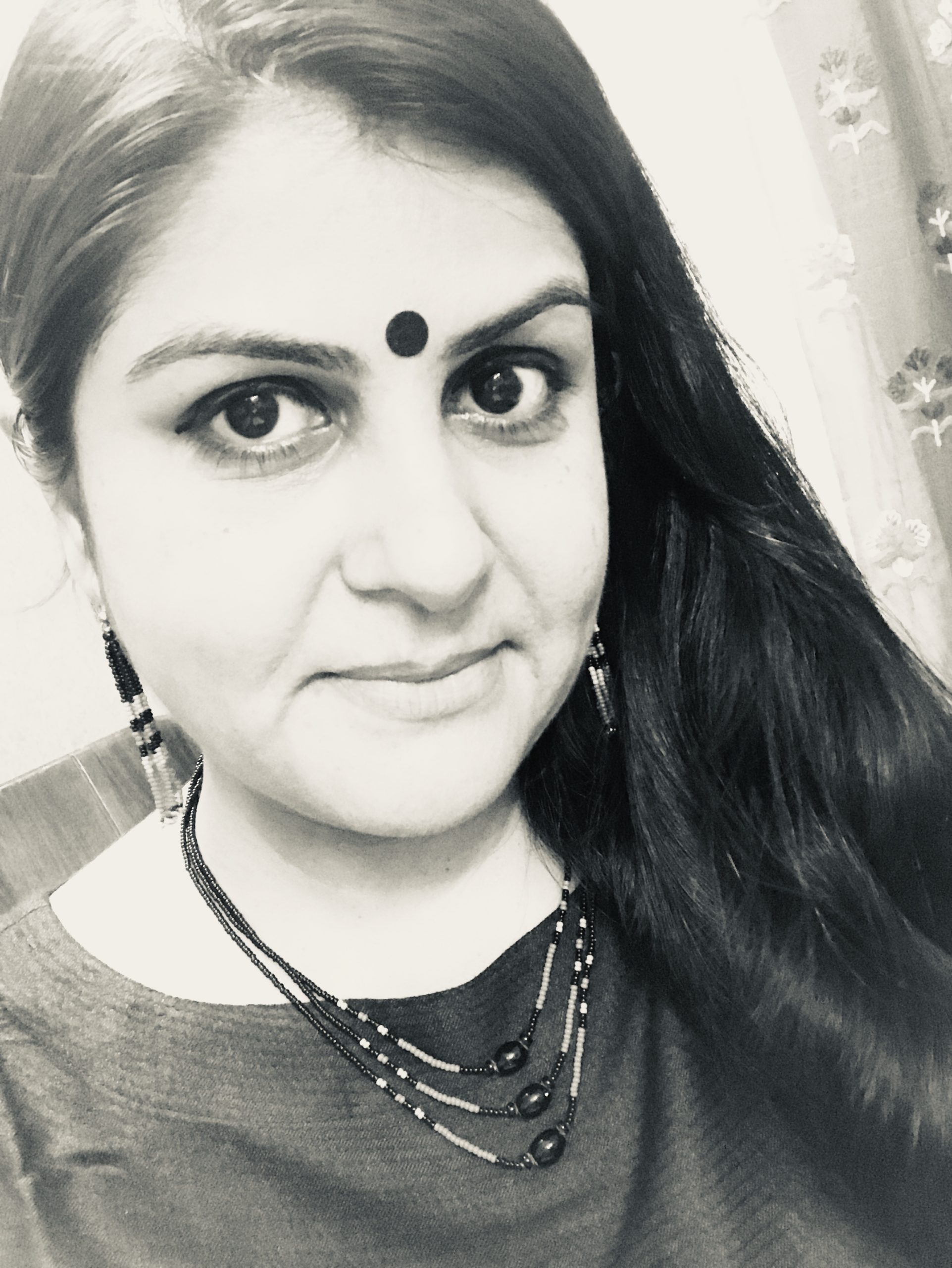
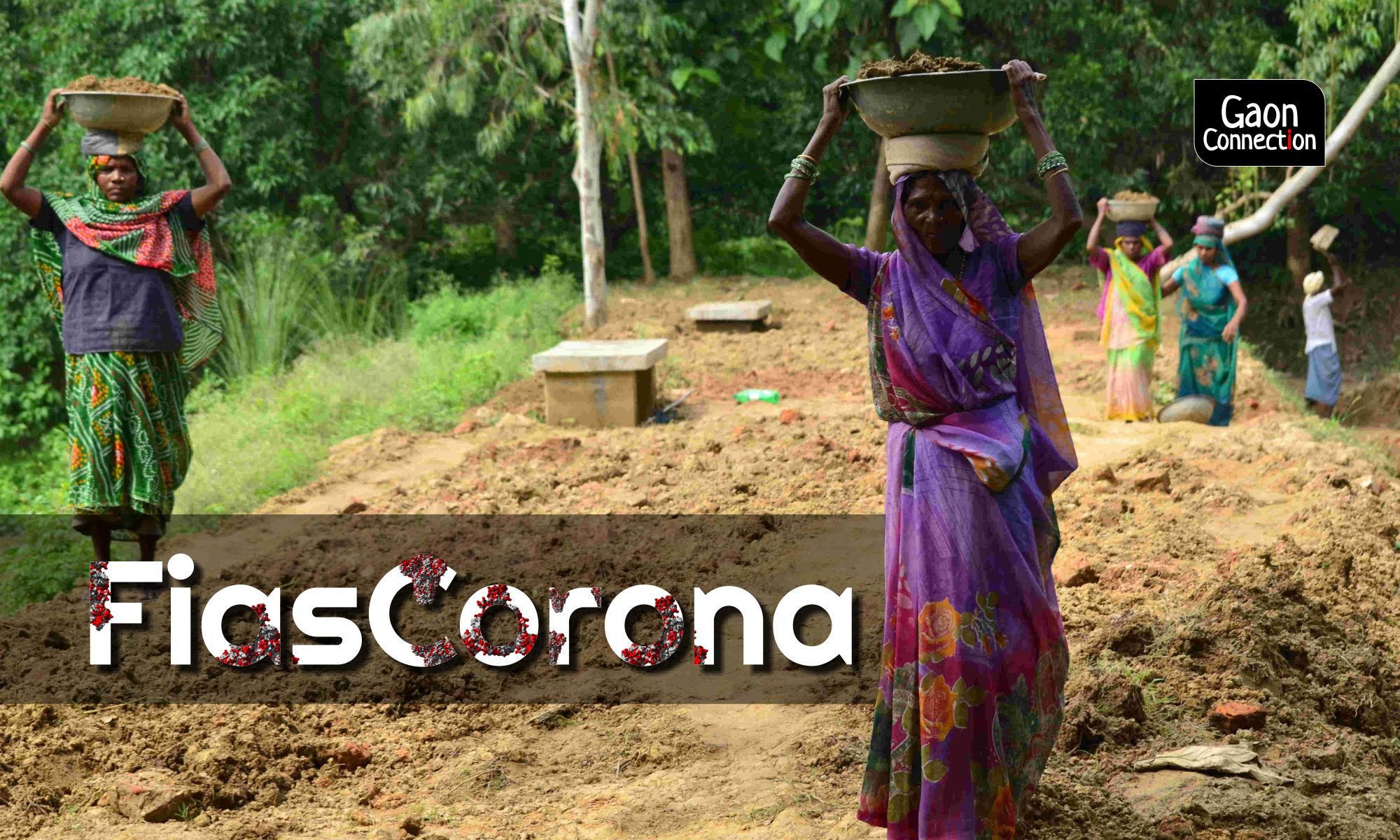
“Social distancing is a wrong phrase. In the Indian context, it could reek of various forms of other thing that we do, such as casteism or classism. A more acceptable word could be physical distancing,” Yogesh Jain, founding member of Jan Swasthya Sahyog (People’s Health Support Group), a non-profit working on public health issues in Chhattisgarh told Gaon Connection.
Jain was speaking in context of the novel coronavirus disease 2019 (COVID-19), pandemic that has led to a panic situation across the world, as countries seal their borders, and call for ‘social distancing’ is growing stronger by the day. Till March 17, as per the World Health Organization’s (WHO) Situation Report-57, globally 179,112 confirmed cases of coronavirus were reported with 7,426 deaths.
In India, 144 confirmed cases are reported with three deaths. But numbers are expected to increase.
“We will get to know the real numbers in the next 10-14 days. And, only towards the end of May, we will know if the outbreak situation is going down in the country,” Giridhar R Babu, professor and head, life course epidemiology, with Bengaluru-based Indian Institute of Public Health (Public Health Foundation of India), told Gaon Connection.
In response to the ongoing pandemic, the Union Ministry of Health and Family Welfare, is regularly issuing advisories on COVID-19. These include guidelines for quarantine and COVID-19 tests, guidelines on dead body management, notifying COVID-19 affected persons, travel advisory, etc.
Recently, the Health Ministry issued another ‘Advisory on Social Distancing Measure in view of spread of COVID-19 disease’, which is proposed to be in force till March 31, 2020. It would then be reviewed as per the “evolving situation”.
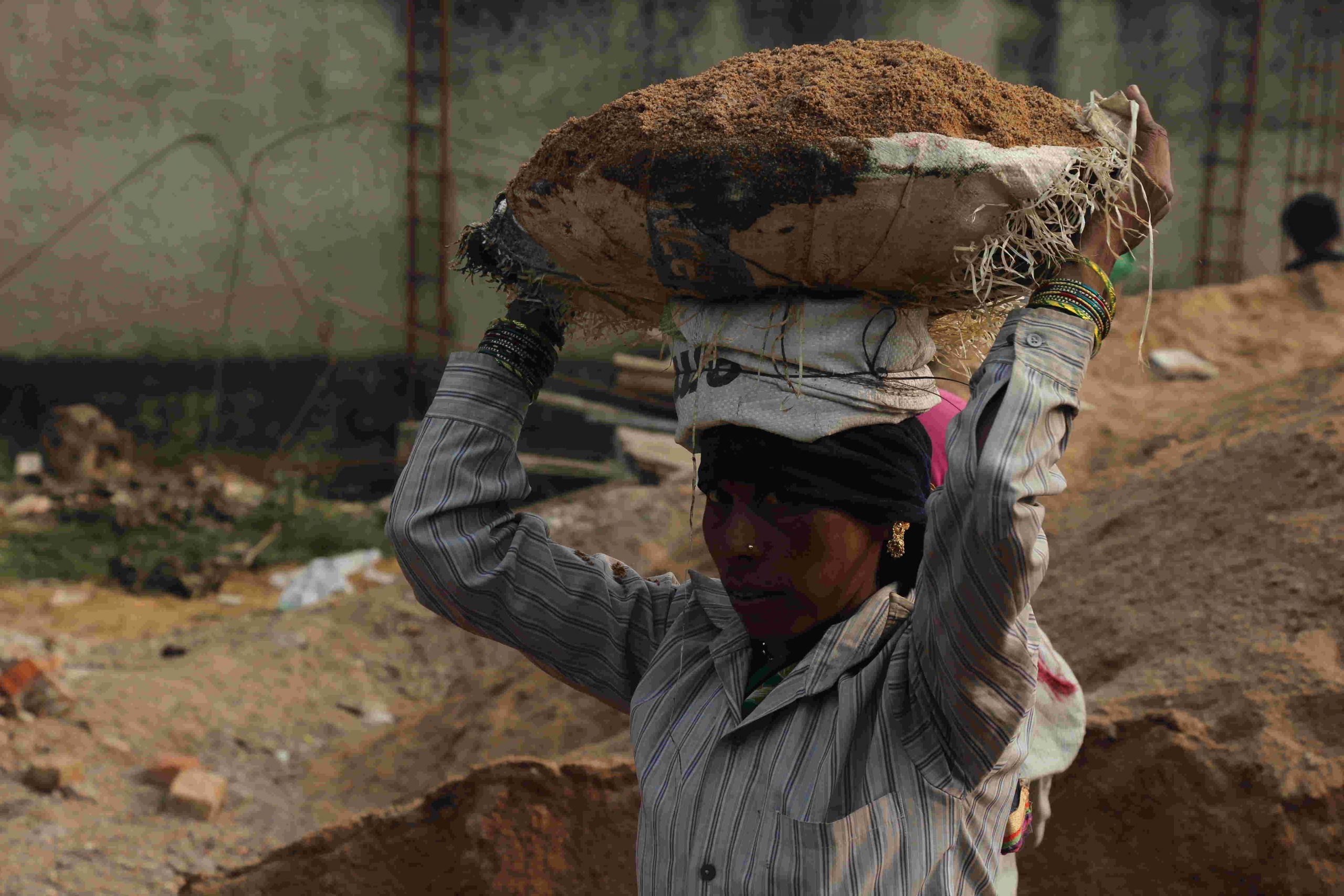
Social distancing a misnomer in India
Put simply, social distancing means maintaining a physical distance (minimum one metre, as per the advisory) and minimizing physical contact with other people, avoiding large gatherings, limiting non-essential travel, and adopting work-from-home.
The health ministry’s advisory defines social distancing as “a non-pharmaceutical infection prevention and control intervention implemented to avoid/decrease contact between those who are infected with a disease causing pathogen and those who are not, so as to stop or slow down the rate and extent of disease transmission in a community.” The ministry believes that “this eventually leads to decrease in spread, morbidity and mortality due to the disease.”
As part of the social distancing advisory, the ministry has proposed a few measures. These include closure of educational institutions, theatres, swimming pools, etc; encourage work-from-home; exploring postponement of examinations; video conferences; avoid non-essential travel; reduce peak hour crowding in markets; ensuring physical distance of at least one metre, etc.
“In the Indian context, social distancing and work-from-home may not work, as a large chunk of our population consists of daily wagers and other workers, who, if they do not step out to work, will go hungry. Can poor stay at home for days or weeks and practice social distancing when there is no food at home?” questioned Dipa Sinha, assistant professor with the School of Liberal Studies at Dr B R Ambedkar University Delhi. Sinha is an expert on public policy, nutrition and public health.
Social distancing is a misnomer, said Babu. “In India we have been practicing certain type of social distancing [untouchability] for centuries. We need social bonding. What we should try and follow is physical distancing by maintaining about a meter’s distance from other people to reduce the risk of infection transmission,” he explained.
Having said that, he also added not everyone in the country has the privilege to follow physical distancing. For instance, there are people living cheek by jowl in urban slums. Families whose six or seven members live in one room, and have to share the beddings. Construction workers, many of whom are daily wagers, and live together on the site. Garbage collectors whose services become crucial in times of such disease outbreaks.
“As a responsible community, we need to ensure the interests and livelihoods of poor and marginalized are safeguarded; and certain measures are followed so that these people are also protected,” added Babu.
According to Anant Bhan, researcher, Global Health Bioethics and Health Policy, in the present pandemic situation, it is important to categorize services that are essential in nature, such as waste collection, safety services (police, etc), medical staff (doctors, nurses, paramedics), people transporting/delivering essential goods, etc.
“Depending on the nature of their work, protective equipment needs to be made available to them. For instance, medical staff working in ICUs and wards need more fool-proof protection. Workers handling biomedical waste also need to take extra precautions,” said Bhan. “Others, such as garbage collectors, need to be provided with gloves and masks, and educated about basic precautions, such as hand wash, not touching their face, eyes and nose, maintaining one-meter distance as a preventive measure, etc.” he added.
A ‘No contact’ policy also helps in such pandemic situations, and some food delivery apps have already notified the same. “The idea is to avoid direct contact with a person, wherever possible. Leave the garbage outside your door and collect the empty dustbin after the waste is collected. Similarly, food packets or courier packets can be left outside the door. This is meant to protect both the parties,” said Bhan.
During epidemics, people sometimes get discriminatory and certain sections of the society are viewed as “unsafe”. For instance, people living in gated colonies view households, garbage collectors or housekeeping staff as potential virus spreaders. “No one should be stigmatized or discriminated against. Standard preventive measures should be followed but without any exclusion,” Bhan reiterated.
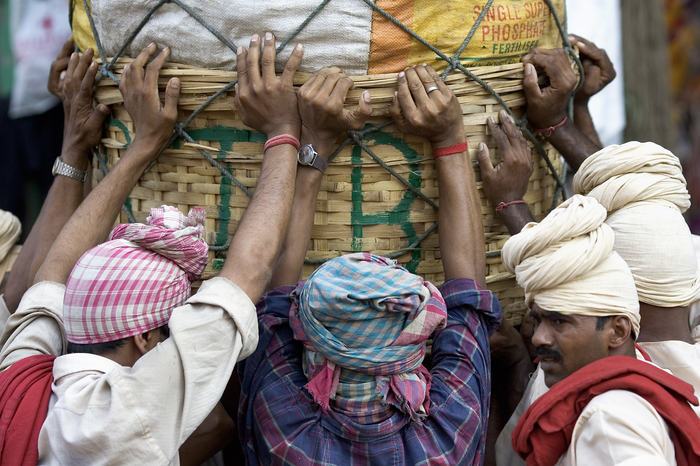
Shutdowns. Work-from-home. But what about the daily wagers?
There is a large chunk of Indian population in the informal sector that earns its livelihood through daily wage works. Shutdowns are expected to hit their livelihoods and nutritional status very hard.
“For workers at construction sites, contractors need to be trained in basic precautions for COVID-19 and ensure if any worker is not feeling well due to fever or any fly symptoms, that person should be given a paid leave and allowed to rest,” said Babu. “The Union Ministry of Labour needs to step in and see to it that these measures are followed,” he added.
Bhan supports the idea of the Indian government providing a minimum income support to daily wagers in the informal sector during the pandemic, as it is not clear for how long social distancing measures and shut downs will continue.
The Uttar Pradesh government has recently announced its decision to look into the option of providing financial support to daily wage workers in the state in response to slowing down of economy due to COVID-19 outbreak. A three-member committee has been set up to submit a report on this matter in three days. Other states need to think on the same lines.
Sinha informed there are already a bunch of minimum income support schemes offered by the Indian government. “We have old age pension scheme, widow pension, disability support scheme, midday meals and PDS. In the present pandemic situation, with livelihoods of the poor and marginalized threatened, the government needs to enhance these existing schemes,” she said. “Kerala is home delivering mid-day meals to anganwadi children. Other states that have shut down their anganwadis need to do the same. Areas where only grains are provided as part of PDS, need to also offer pulses and oil,” she added.
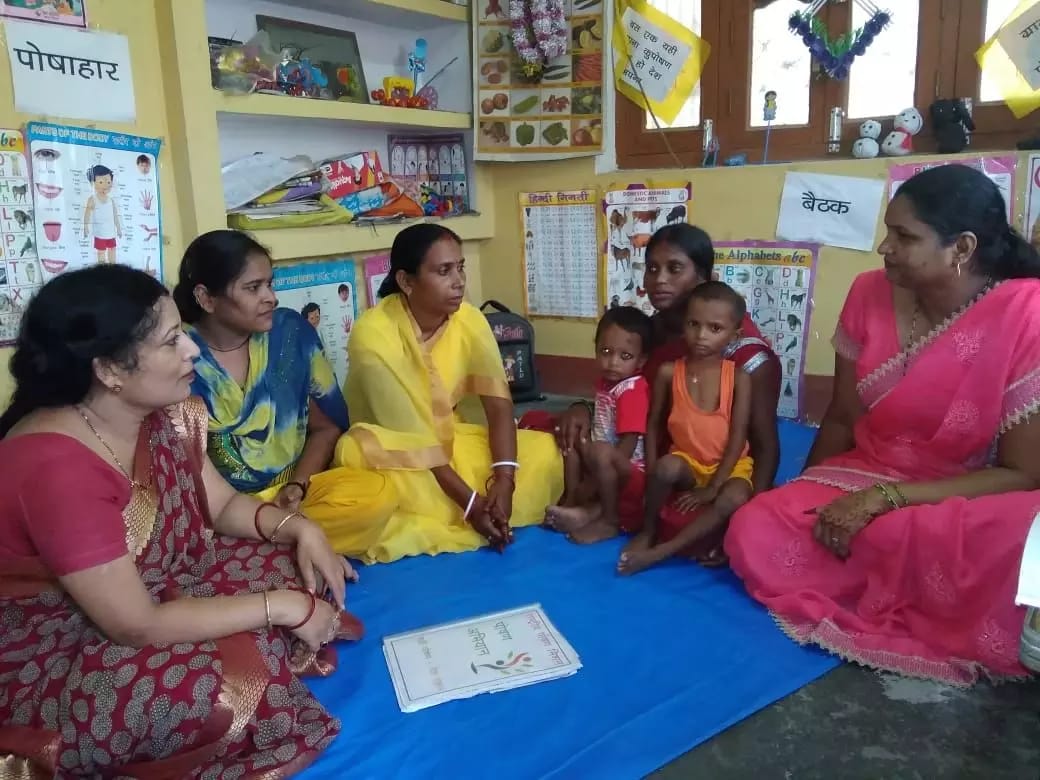
As per news reports, anganwadis in Maharashtra have been shut down, and lactating mothers and anganwadi children are not receiving their supplementary meals under the Integrated Child Development Services (ICDS). Similar reports pouring in from Delhi where over 9,000 anganwadi centres have been shut down.
“Let us remember we have a huge burden of malnutrition. Anganwadi children, and pregnant and lactating mothers cannot be denied their rightful meals. And, the shutdowns are expected to go on till at least March 31,” said Sinha.
On March 16, the Jan Swasthya Abhiyan and All India People’s Science Network issued a statement on the COVID-19 epidemic with a list of demands from the government. The statement noted “many children will need access to supplementary nutrition programmes, more so, when their parents’ livelihood is compromised. Shutting down such services without providing for alternatives would be unfair.”
It went on to note that “in many settings, especially in tribal areas, hunger would be a greater concern that the virus. Where take home rations cannot be provided, especially in tribal areas, schools and anganwadis could be allowed to function.”
At present, most of the information and preventive measures on COVID-19 are international material that do not take into cognizance the social and economic realities of the bulk of Indians, said Jain. “With both space and stuff in short supply, call for social and physical distancing is almost a joke on the poverty of people. We need to think out of the box rather than transplanting advices from abroad,” he added.
Public health experts claim a pandemic like COVID-19 is a wake-up call for the Indian government to strengthen its public health system. “All crises are also an opportunity to learn and reinvent ourselves. Rather than privatizing our health systems, it is time the government strengthens our public health system. Only then can we respond effectively to pandemics,” he said, reminding that Spain has recently nationalised all its private hospitals and healthcare providers to respond to COVID-19 pandemic.
Read Part 1, Part 2, Part 3, Part 4, Part 5, Part 6, Part 7, Part 8, Part 9

